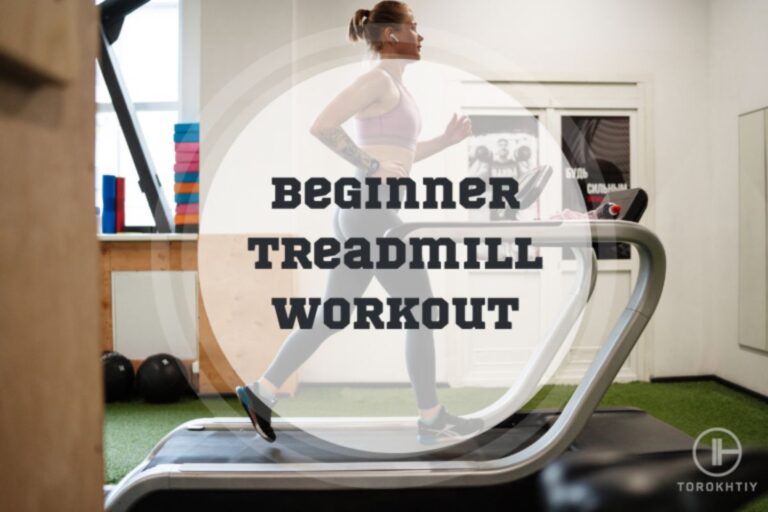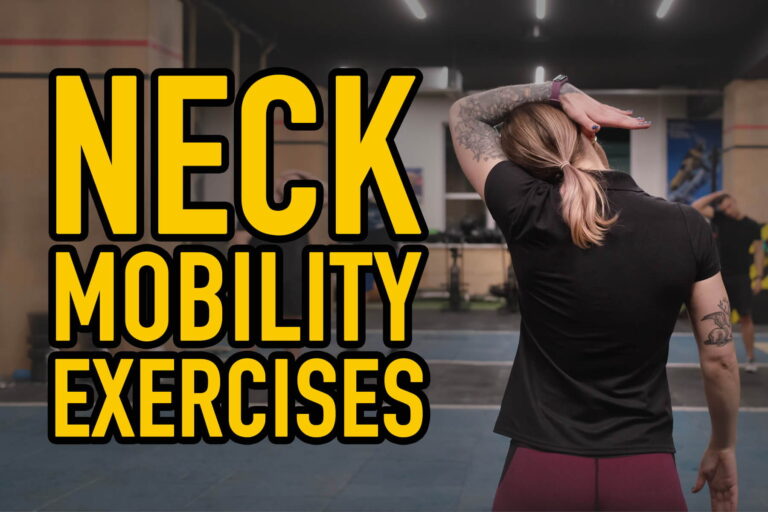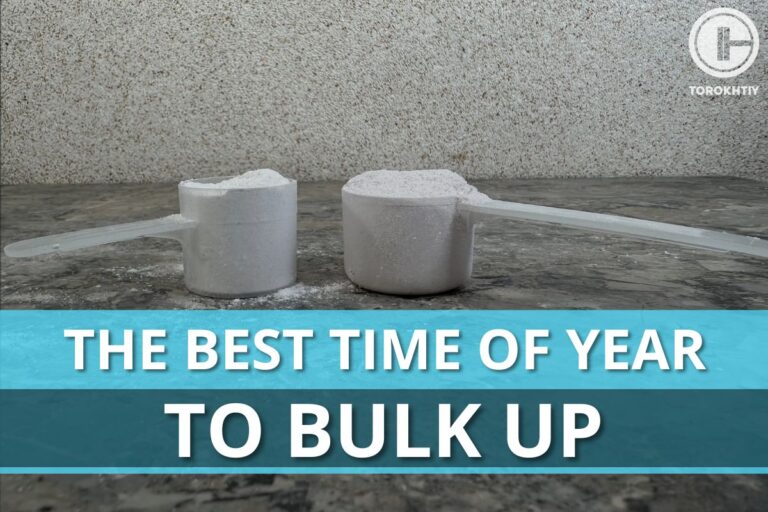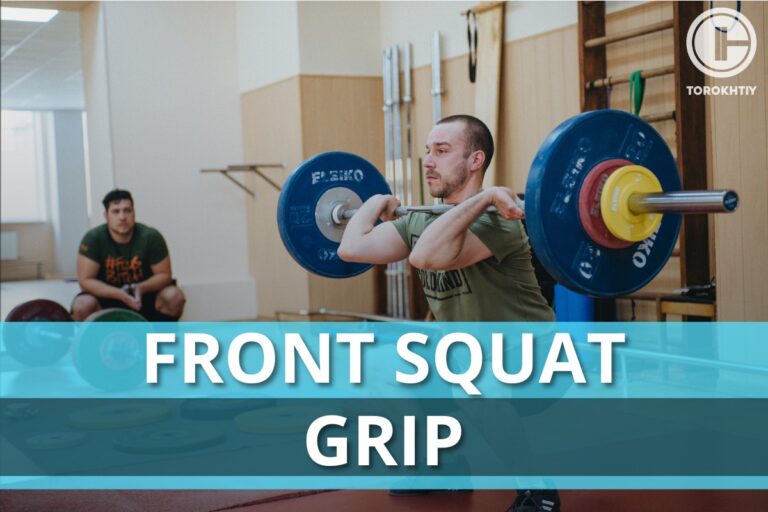What Supplements Help Reduce Lactic Acid?
Are you wondering what supplement helps reduce lactic acid buildup? Lactate is a source of energy during exercise. However, when it bonds with a hydrogen ion it becomes lactic acid, which causes soreness during exercise.
Therefore, we’ll be focusing instead on supplements that buffer excess H+, preventing the formation of lactic acid, thus lowering pH. This will have a potent effect on reducing acid buildup and reduced performance.
With that being said, our recommendations for supplements to help buffer excess H+ and lower pH are sodium bicarbonate and beta-alanine.
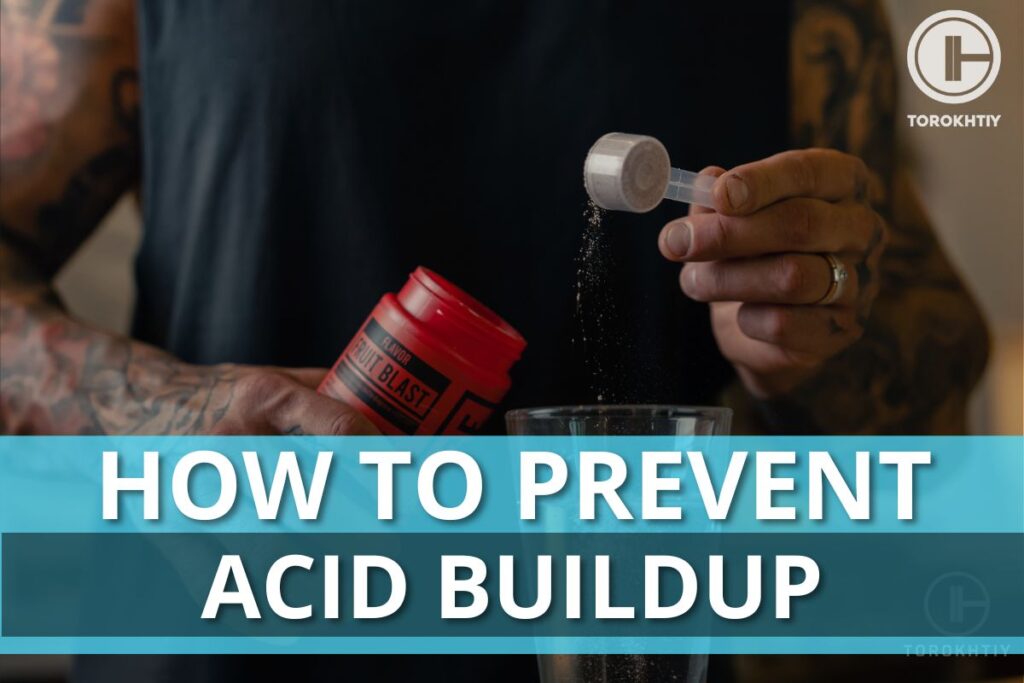
What Supplement Helps Reduce Lactic Acid
So, what supplement helps reduce lactic acid? Hydrogen ions bond with lactate to form lactic acid. So, to prevent the formation of lactic acid, you should look to reduce H+ in the muscle. The best supplements for this are sodium bicarbonate and beta-alanine.
What You Should Know About Lactic Acid vs Lactate vs PH?
Lactate is a valuable source of energy during exercise that’s formed in the muscle. However, when it bonds with hydrogen, it becomes lactic acid, which may partially explain the burning sensation associated with exercise.
So, if you’re looking to reduce lactic acid buildup, it’s the Hydrogen ions (H+) released by the use of energy (ATP) which are the culprit. These decrease the pH in your muscles, making them more acidic. This is what then leads to lactic acid accumulation and a burning sensation.
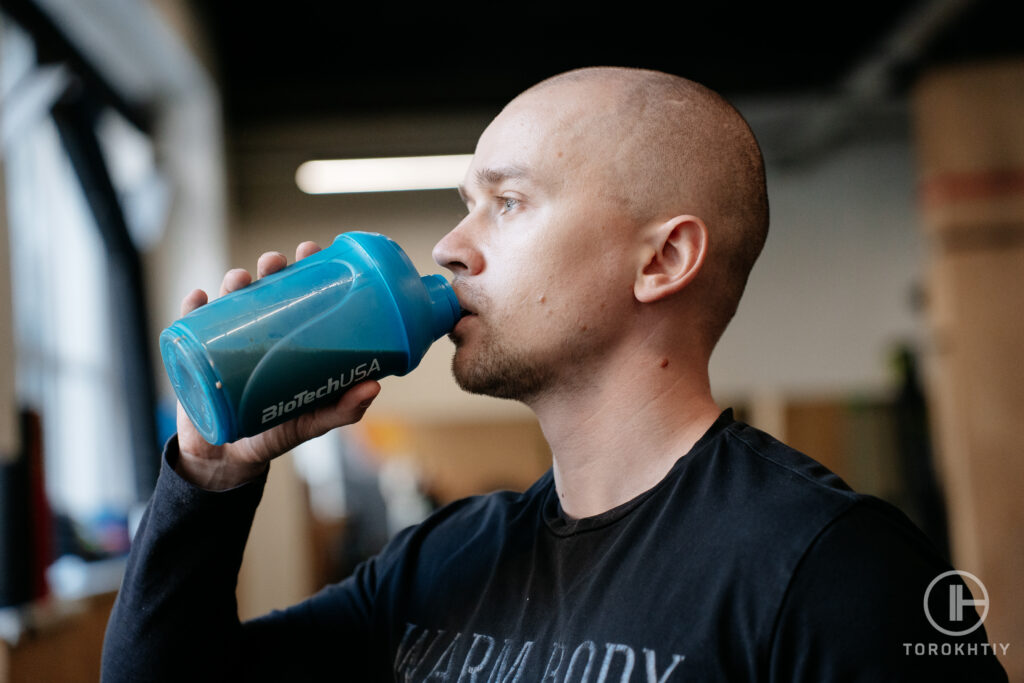
So, if you’re looking to reduce the burning sensation associated with tough exercise, you should be looking to reduce H+ ions in the muscle, and to keep a higher pH in the muscles.
What Supplement Helps Reduce Lactic Acid?
We’ve framed this article as “supplements that reduce lactic acid”, instead of supplements to reduce H+ ions in the muscle. This is because the majority of people associate lactic acid accumulation as the source of burning in the muscles, although the root of the issue is the accumulation of hydrogen ions.
Understand that in reality, the following “supplements to reduce lactic acid” are meant to reduce H+ accumulation, which will help prevent the formation of lactic acid. So, which supplements will help with this?
Sodium Bicarbonate
As mentioned, an increase in hydrogen ions is responsible for decreasing the pH of the muscle which leads to fatigue. As a result, a supplement that reduces H+ in muscle cells would help to prevent this fatigue and the burning sensation associated with higher muscle acidity. This is exactly what sodium bicarbonate does.
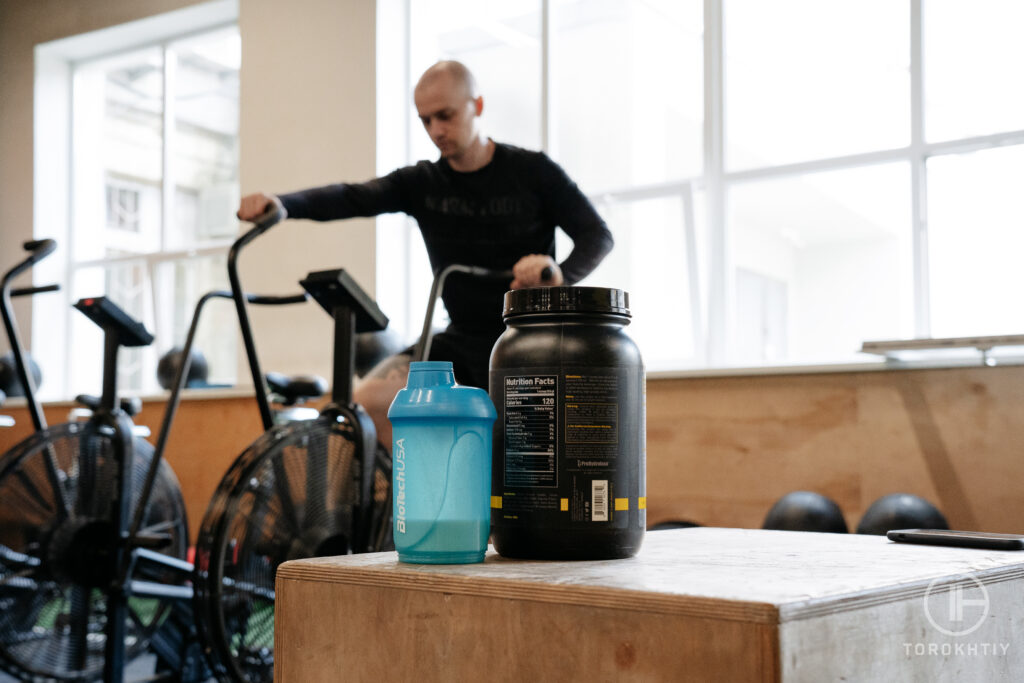
It appears that extracellular bicarbonate helps to remove H+ from muscle cells, which will then help prevent excessive buildup during exercise. To achieve this, it’s recommended you take sodium bicarbonate at a rate of ~440-660mg/lb of body weight before exercise.
While sodium bicarbonate supplementation consistently shows increases in performance in elite athletes, the exact physiological mechanisms behind its effectiveness are somewhat unclear.
Regardless, sodium bicarbonate supplementation appears to improve performance metrics by 2-3% in exercise lasting between 1-10 minutes.
Beta-Alanine
The other supplement to consider for reducing pH in muscles is Beta-Alanine. This is largely because consistent supplementation with Beta-Alanine augments muscle carnosine concentrations. The buffering effects of carnosine then help reduce the pH in the muscles.
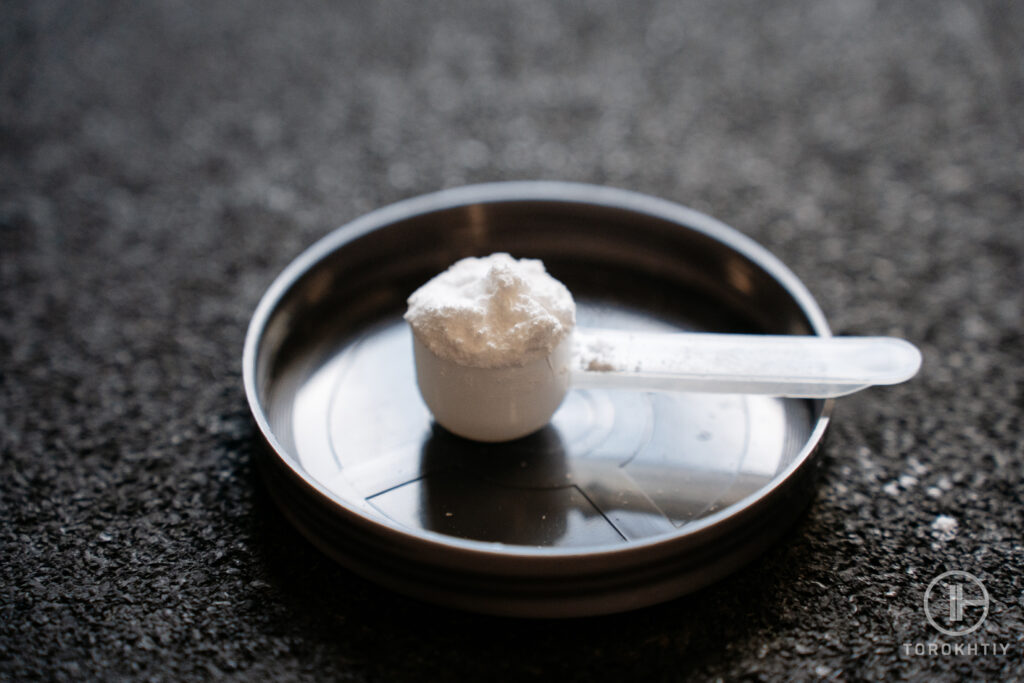
Although more research is needed to fully understand the level at which carnosine helps to maintain pH levels in the muscles, evidence suggests that it still plays a valuable role in buffering acidosis. Taking 4-6g of beta-alanine daily for 4 weeks increases carnosine concentrations, therefore reducing the muscular fatigue associated with decreased pH levels.
In What Cases Is Taking a Supplement Justified?
Keep in mind that acid buildup in the muscles will only really be an issue for exercise lasting longer than about a minute at a time. For things like sprinting and strength training, it’s unlikely that muscular fatigue/acid buildup will affect your performance that much.
However, for athletes who train with longer periods of exertion, taking a supplement to reduce pH levels in the muscle may be very beneficial. Below we’ll be covering why sodium bicarbonate may not be a great option, and why beta-alanine is typically the best choice.
Issues With Sodium Bicarbonate
First, it’s very common for those using sodium bicarbonate to experience stomach pain, and nausea when using the supplement. Especially with the benefits of sodium bicarbonate being relatively moderate (2-3% increase in performance), it’s unclear if the risk of potential discomfort is worthwhile for athletes.
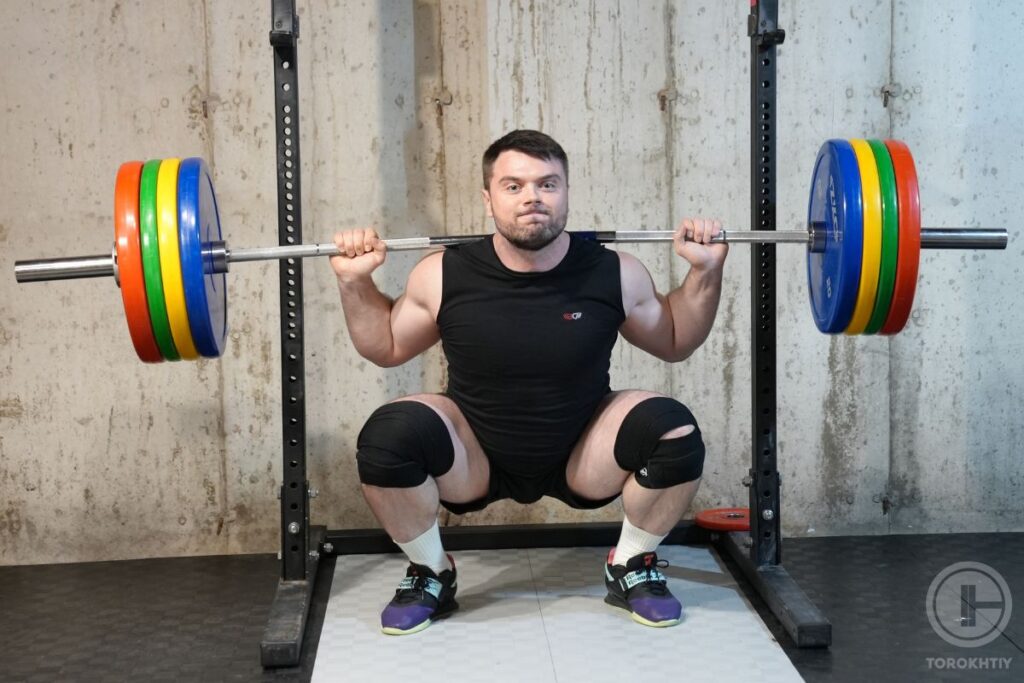
With that being said, experimenting with the form and timing of the supplement may help in lessening these side effects. It appears the best way to limit gastrointestinal distress is to spread out ingestion beginning ~2.5 hours before exercise and to ingest the supplement alongside a carbohydrate-rich meal.
Why Do We Recommend Choosing Beta-Alanine in Most Cases?
The main reason beta-alanine will be the better choice for most athletes is that it doesn’t have the same gastrointestinal side effects as sodium bicarbonate, but it also has a wide range of other benefits.
The demonstrated benefit of beta alanine is improved exercise performance between 1-4 minutes. It’s worth noting that because performance effects are largely seen in this 1-4 minute range, it will likely be best for hypertrophy style training in a mid to high-rep range, or for other exercise that falls within this range. It’s unclear if it will have much of an effect on low-rep strength training, or especially long endurance training either.
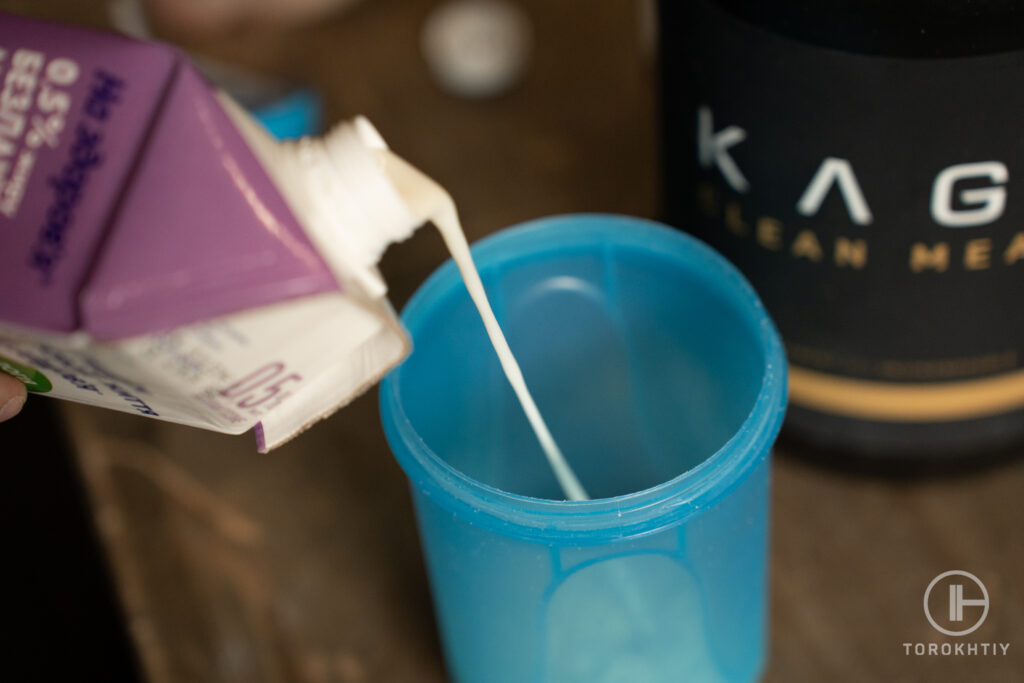
It’s worth noting that the main side effect of beta-alanine is a tingling sensation, although this can be fixed by spreading out the dose into several smaller servings.
Beta-alanine is likely to have more significant effects on your training, with fewer negative side effects when compared to sodium bicarbonate. This is why we generally recommend it for reducing pH levels during exercise.
Do You Even Need to Try to Lower Lactate Levels?
As mentioned, the goal here is not to decrease lactate levels. To decrease lactic acid buildup, you need to focus on reducing H+, which will lead to lower acidity in the muscle. It’s a tricky topic, but proper classification is important to prevent confusion!
With that being said, attempts to keep a more balanced pH in muscle cells during exercise can be worthwhile depending on the style of exercise. While it may not be beneficial for very short bursts of intense exercise, or very long duration low-intensity exercise, a supplement like beta-alanine will likely be very beneficial for bursts of exercise lasting between 1-4 minutes at a time.
How to Take Beta-Alanine for Best Results?
As mentioned, we recommend beta-alanine over sodium bicarbonate if you’re looking to balance out acid levels in the muscles during exercise. If you’re interested in using beta-alanine to increase carnosine levels and thus buffer acid accumulation, we recommend taking it at a dose of 4-6g daily for at least 4 weeks.
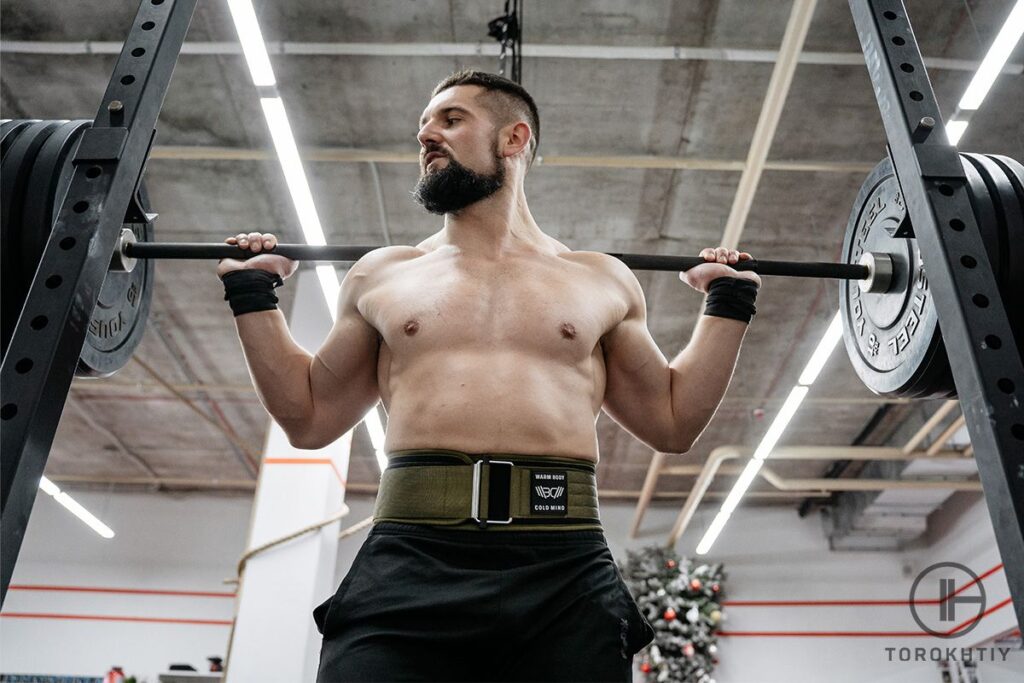
It’s worth noting that this is a high dose, and may very well likely lead to the aforementioned tingling sensation associated with beta-alanine. This can be helped by taking multiple small doses throughout the day. A high total daily dose is likely the best way to get the most out of beta-alanine.
Best Beta-Alanine Supplement
Transparent Labs – Beta-Alanine
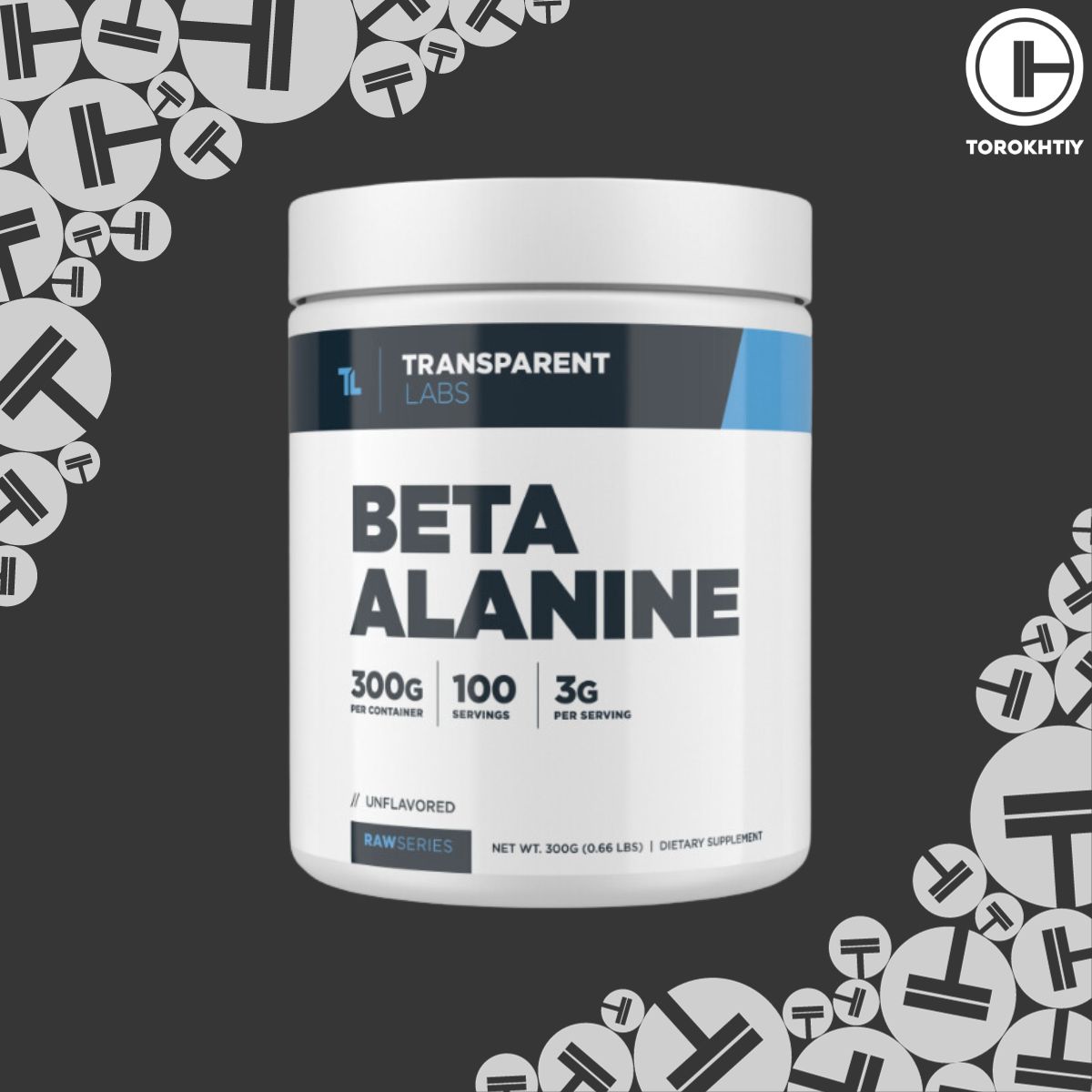
- Serving Size: 1 Scoop (3g)
- Servings Per Container: 100
- Beta-Alanine Amount Per Serving: 3000 mg
- Price Per Serving: ⁓$0,19
If you’re looking for a high-quality beta-alanine supplement, we recommend using Transparent Labs for their consistent commitment to putting out some of the best supplements on the market. Let’s take a closer look.
First, each scoop of this supplement contains 3g of beta alanine. Because the recommended dose for buffering pH levels is 4-6g, we recommend taking 2 servings per day.
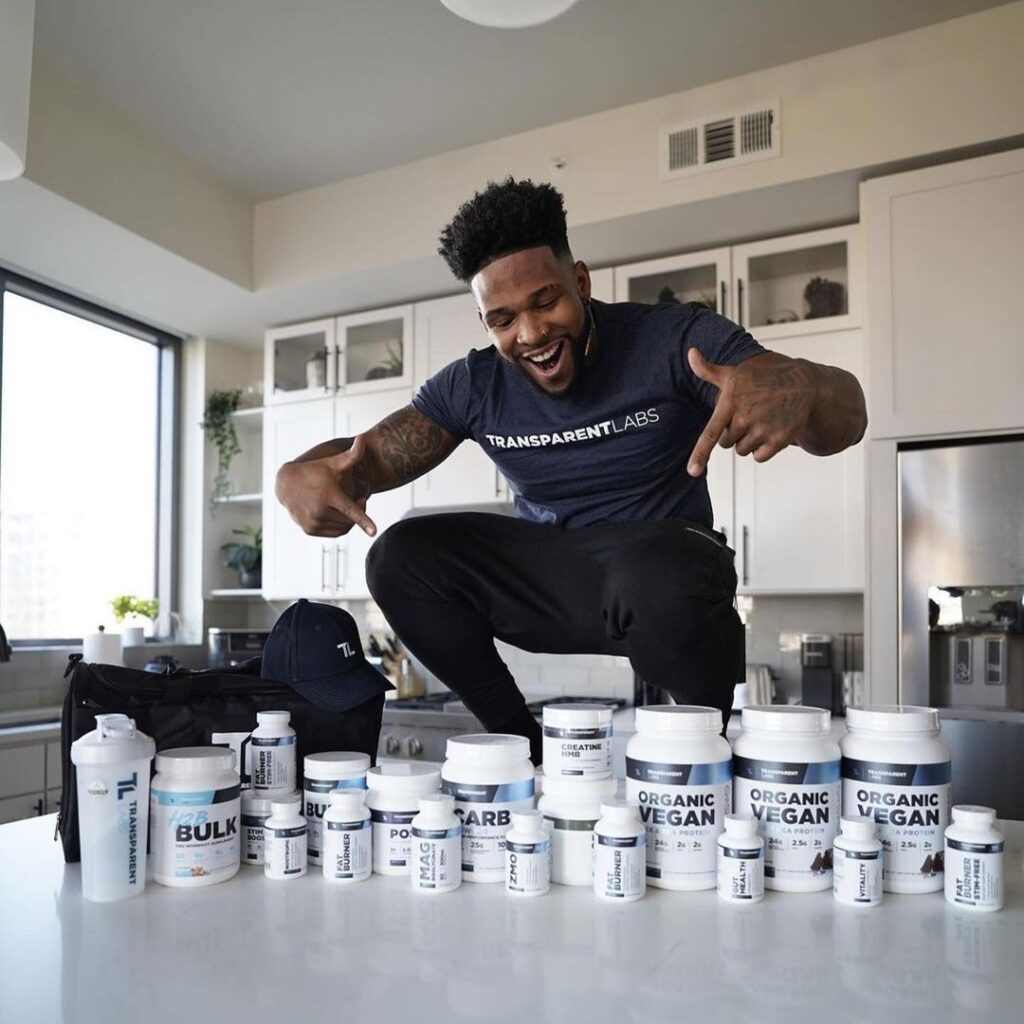
Like all of Transparent Labs’ products, you can expect a high level of quality here. The only listed ingredient is Beta-Alanine, meaning there are no unnecessary ingredients whatsoever.
This is also a very budget-friendly supplement! Each 3g serving will only cost you about $0.20. Just keep in mind you may want to take 2 servings to get optimal effects. While Beta-Alanine can also be found in multi-ingredient supplements, this will be the best and most affordable way to take the supplement, especially if you want a high dose of 4-6g a day.
FAQ
What Supplement Reduces Lactic Acid in Muscles?
Once again, when thinking about how to get rid of lactic acid, start by thinking about how to reduce the concentration of hydrogen ions in the muscles to keep a more balanced pH. If this is your goal, then sodium bicarbonate and beta-alanine are likely your 2 best bets. With that being said, beta-alanine will generally be a better choice for most.
Does Beta-Alanine Reduce Lactic Acid?
No, beta-alanine does not reduce lactic acid. However, it will increase the presence of carnosine in the muscle. Carnosine will then be beneficial for lowering acidity in the muscle, leading to a lower likelihood of acidosis during exercise.
Does L-Glutamine Reduce Lactic Acid?
No, it does not appear that glutamine will be beneficial for reducing H+ in the muscle or balancing muscle pH. For these purposes, you’re likely better off taking sodium bicarbonate or beta-alanine.
Conclusion
If you’re wondering how to prevent lactic acid build-up, it’s important to understand the chemical reactions at play. Lactate is a valuable energy source, although it becomes lactic acid when bonded with Hydrogen. Therefore, the real culprit of muscular fatigue/acidity is the increased presence of H+.
So, if you’re looking for supplements for lactic acid, you’re probably looking for supplements to buffer H+, like sodium bicarbonate and beta-alanine. We generally recommend beta-alanine for this, with Transparent Labs offering a great option!
Were you aware of the difference between lactate, lactic acid, and muscle pH? Did you know that beta-alanine and sodium bicarbonate were the best supplements for this common issue? Let us know your thoughts in the comments below!
Also read:
- Best Snacks to Eat After a Workout
- What Supplement Helps Reduce Lactic Acid
- Best Glycine Supplement
- Best N-Acetylcysteine Supplement
- Best Supplements for Athletes
- Best Electrolyte Drink for Leg Cramps
References
- Furthermore, “Myth-Busting: Lactic Acid,” Hospital for Special Surgery, https://news.hss.edu/myth-busting-lactic-acid/ (Accessed October 19, 2023)
- Robert Sanders, “Rehabilitating Lactate: from Poision to Cure,” Berkeley News, https://news.berkeley.edu/2018/05/23/rehabilitating-lactate-from-poison-to-cure (Accessed October 19, 2023)
- MP Miles, et. al, “Exercise-induced muscle pain, soreness, and cramps.” J Sports Med Phys Fitness. Sep;34(3):203-16. (1994).
- Gatorade Sports Science Institute, “BUFFERS AND THEIR ROLE IN THE NUTRITIONAL PREPARATION OF ATHLETES, “Gatorade Sports Science Institute,
- https://www.gssiweb.org/sports-science-exchange/article/sse-124-buffers-and-their-role-in-the-nutritional-preparation-of-athletes (Accessed October 19, 2023)
- Australian Institute of Sport, “AIS Sports Supplement Framework: Sodium Bicarbonate” Ais.gov.au, https://www.ais.gov.au/__data/assets/pdf_file/0006/1000500/Sport-supplement-fact-sheets-Sodium-bicarbonate-v4.pdf (Accessed October 19, 2023)
- Eric T. Trexler, et. al, “International society of sports nutrition position stand: Beta-Alanine” J Int Soc Sports Nutr 12, 30 (2015)
Why Trust Us?
With over 20 years in Olympic Weightlifting, our team does its best to provide the audience with ultimate support and meet the needs and requirements of advanced athletes and professional lifters, as well as people who strive to open new opportunities and develop their physical capabilities with us.
By trusting the recommendations of our certified experts in coaching, nutrition, dietology, and sports training programming, as well as scientific consultants, and physiotherapists, we provide you with thorough, well-considered, and scientifically proven content. All the information given in the articles concerning workout programming, separate exercises, and athletic performance, in general, is based on verified data. We ensure that you can rely on our professionals’ pieces of advice and recommendations that can be treated as personalized ones which will benefit you and fully meet your needs.
The product testing process is described in more detail here
Author: David Sasha Schulz
Doctor of Chiropractic, BSc Human Biology, CSCS
Strength coach (CSCS) – 10 years
Sasha is a Chiropractor and Kinesiologist practicing in Kelowna, BC, Canada. He has been practicing Chiropractic since 2019, integrating manual therapy, strength training and programming principles, and nutritional strategies to get his patients optimal results. He currently scratches the competitive itch in fitness, and the occasional endurance race, and plays golf and snowboards for fun. He has an interest in all strength and fitness-related sports.


